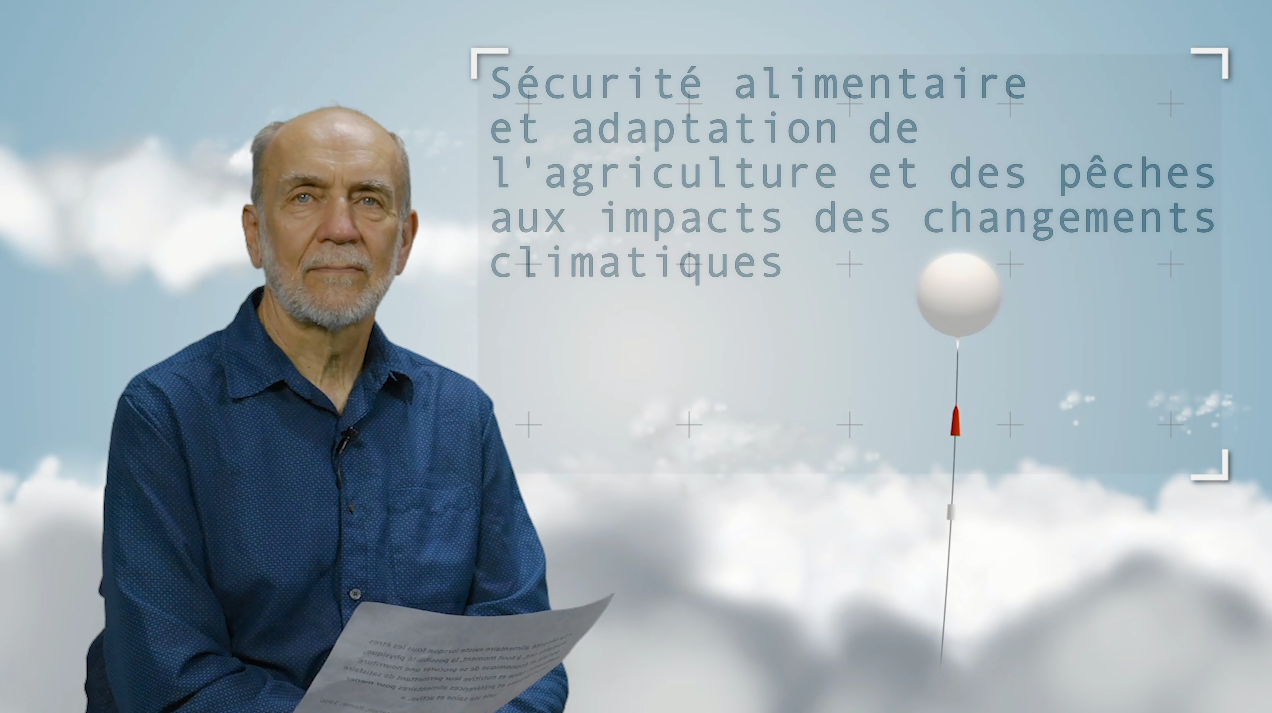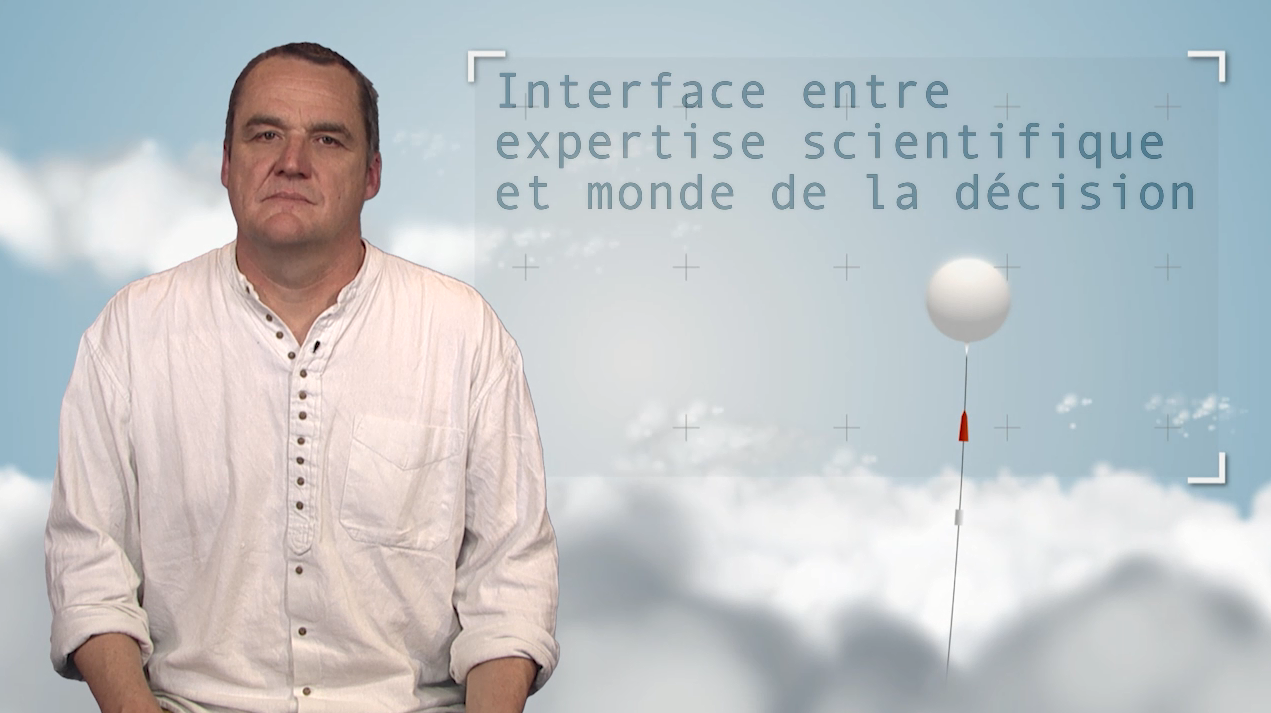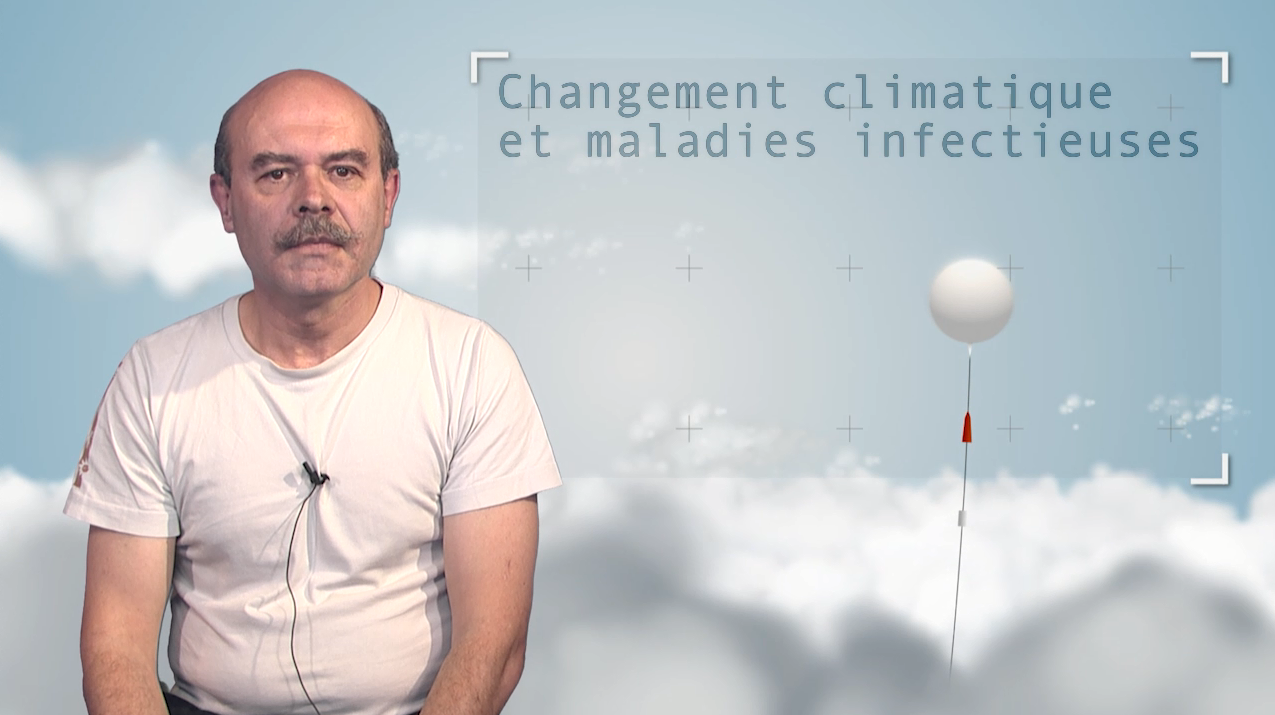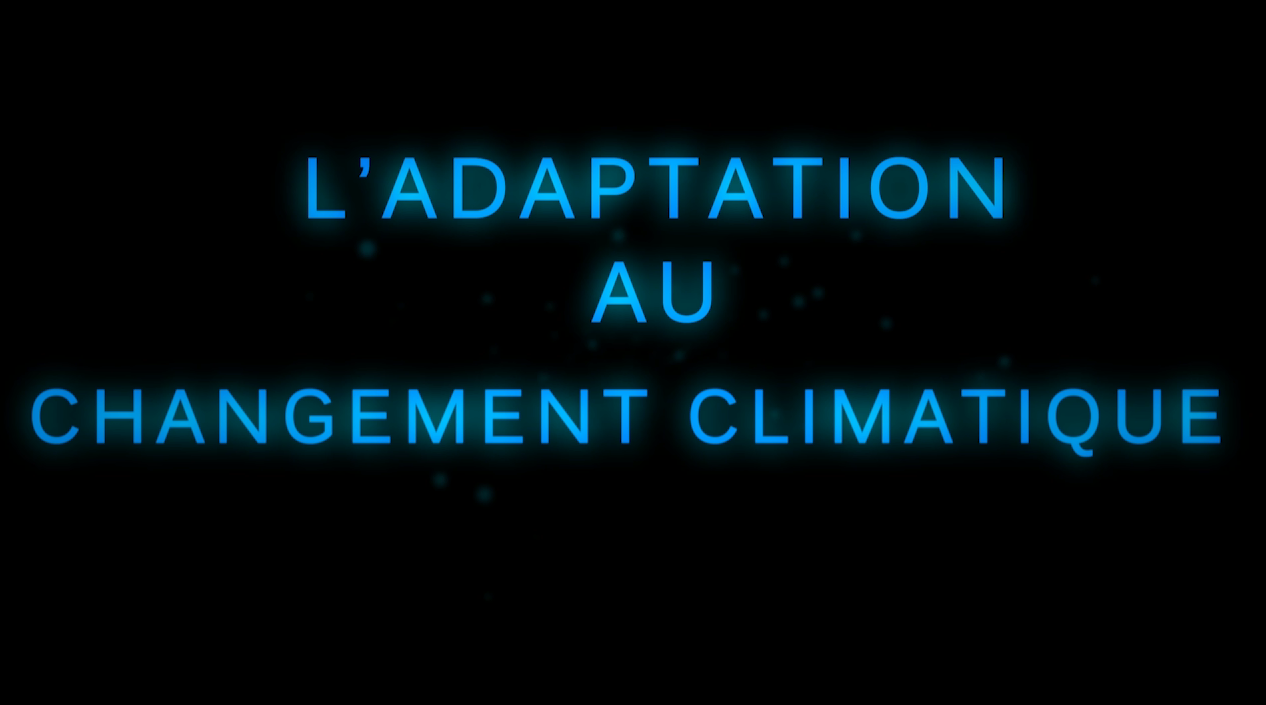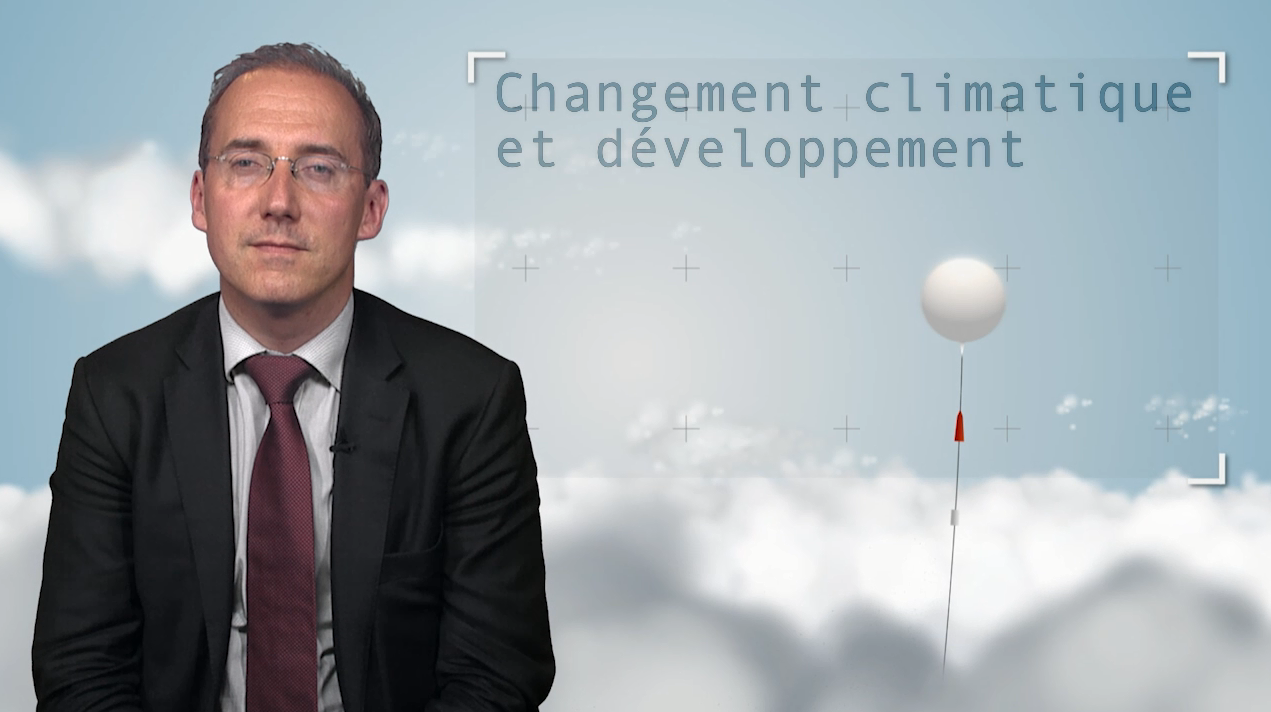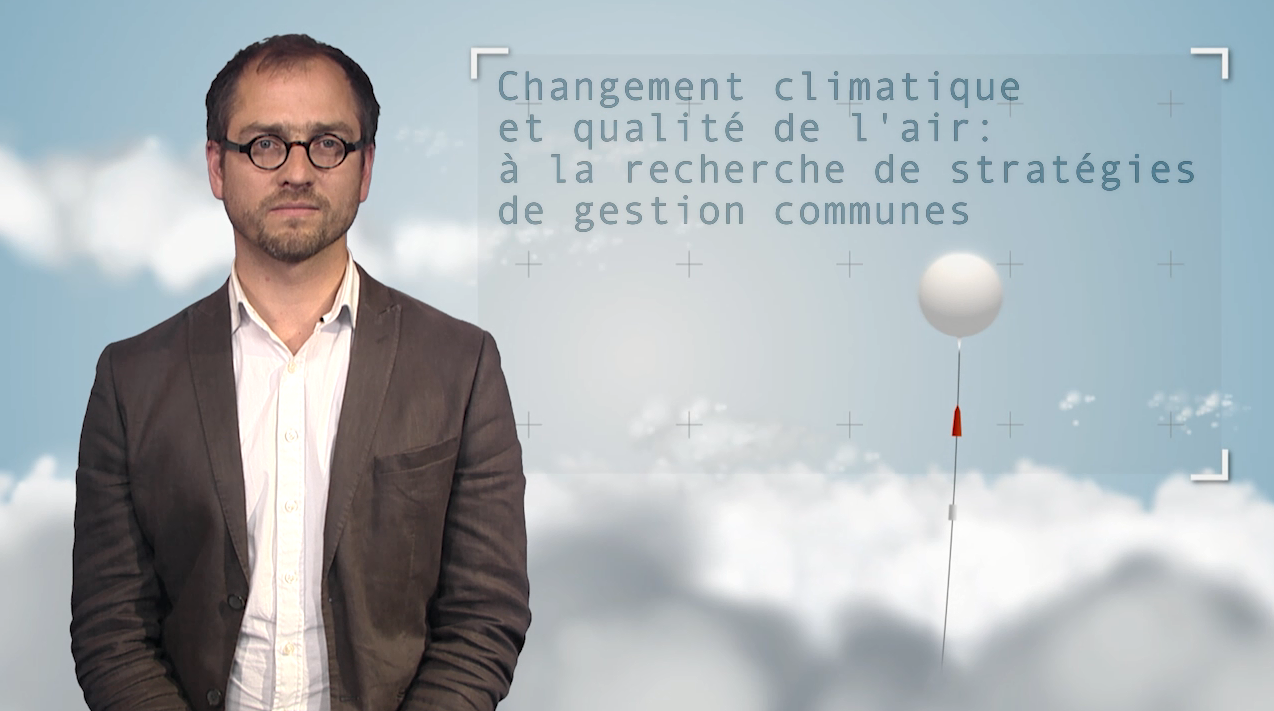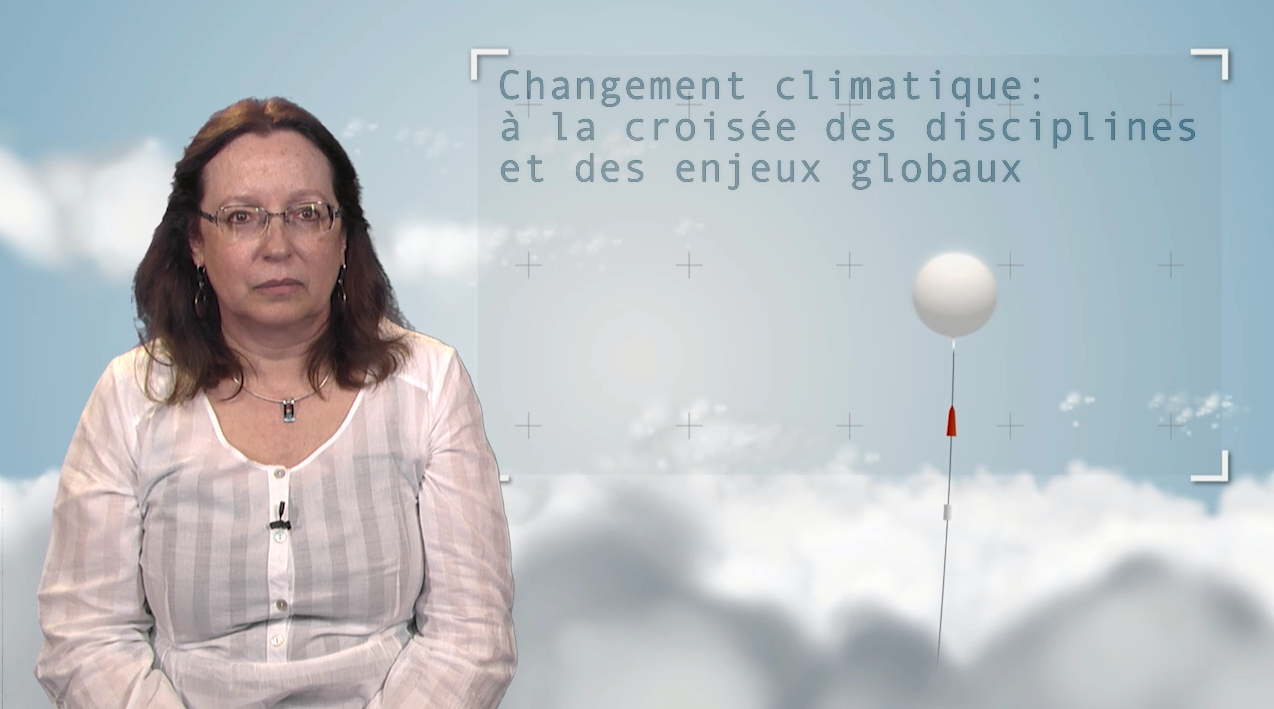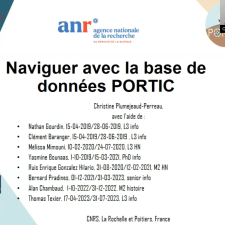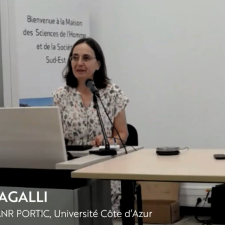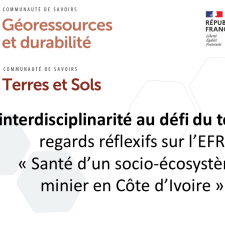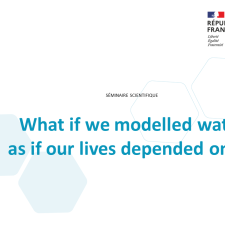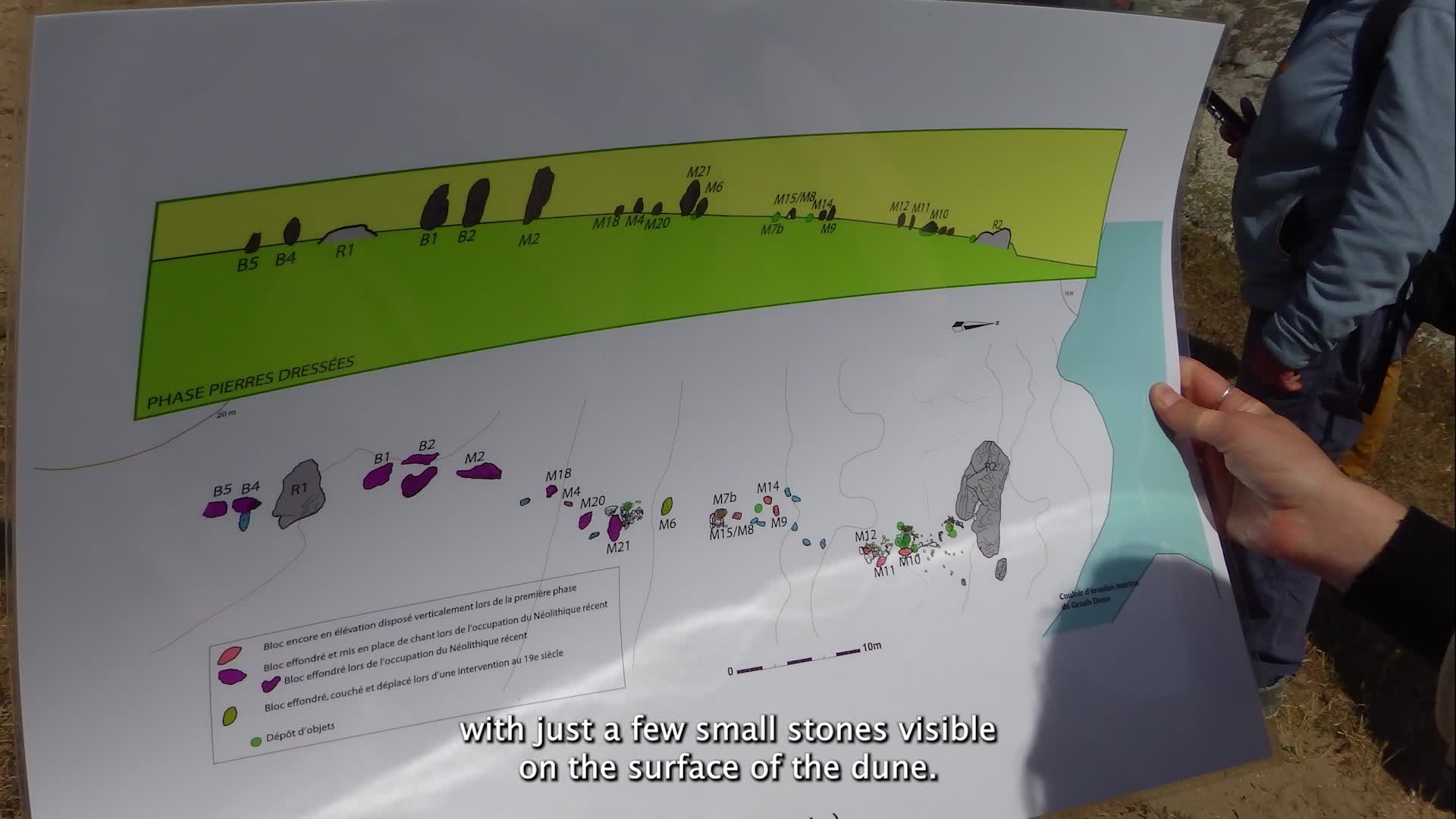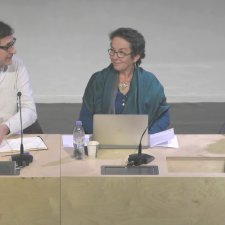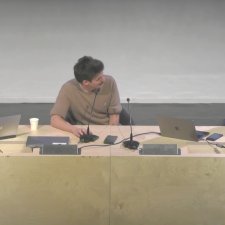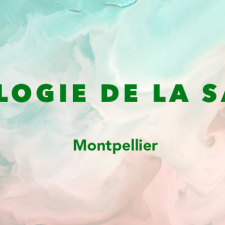Notice
2. Interdisciplinarité et études du climat
- document 1 document 2 document 3
- niveau 1 niveau 2 niveau 3
Descriptif
Dans cette vidéo, Jean-Paul Vanderlinden explique ce qu'est l'interdisciplinarité et montre de manière très concrète pourquoi une telle approche est nécessaire lorsqu'on s'intéresse à l'évolution du climat. Après avoir montré des exemples de projets interdisciplinaires, il conclut en soulignant l'intérêt d'y associer une démarche réflexive.
Intervention / Responsable scientifique
Dans la même collection
-
Gaining control of the animal minds of finance at the service of the transition towards a low carbo…
HourcadeJean-CharlesIn this video (10'00), Jean-Charles Hourcade, director of research at the CNRS and director of studies at EHESS, discusses the necessary reorientation of savings to finance the low-carbon transition
-
Financing the climate change transition
AgliettaMichelIn this video (10'36), Michel Aglietta, Emeritus Professor of Economics at Paris Ouest-Nanterre University, discusses the financing of the low carbon transition. After discussing the economic risks
-
Maîtriser les esprits animaux de la finance au service de la transition bas carbone
Dans cette vidéo (10'00), Jean-Charles Hourcade, directeur de recherche au CNRS et directeur d’études à l'EHESS, discute de la nécessaire réorientation de l'épargne pour financer la transition bas
-
Le financement de la transition climatique
Dans cette vidéo (10'36), Michel Aglietta, professeur émérite en économie à l’université Paris Ouest-Nanterre, évoque le financement de la transition bas carbone. Après avoir évoqué les risques
-
EN-5. Food security and adapting agriculture and fishing to the impacts of climate change
ChouinardOmerOmer Chouinard discusses about the risks that the climate change can cause for the food security of the world population. He highlights some leads that should enable to reduce these environmental
-
EN-8. Bridging the gap between scientific knowledge and decision making
VanderlindenJean-PaulJean-Paul Vanderlinden talks about the relation between scientists and decision-makers. He shows how this interface works and, in the climate field, he highlights several strategies to increase the co
-
EN-6. Climate change and infectious diseases
GuéganJean-FrançoisJean-François Guégan talks about the consequences of climate change on the infectious risk for human populations. He shows that temperature and pluviometry fluctuations are linked to the activity of
-
EN-9. Adapting to climate change
SimonetGuillaumeGuillaume Simonet discusses about the emergence of an idea of adaptation to the climate change for populations and states, and he shows how we try to reach it. Then he underlines the interest in
-
EN-4. Climate change and development
GiraudGaëlGaël Giraud talks about the relation between climate change and development. He evokes the economic tools that have to be implemented to convince and to help the southern countries, which are
-
EN-7. Climate change and air quality: finding joint management strategies
ColetteAugustinAugustin Colette evidences the relations between the air quality, which is very concerning in terms of public health, and the climate change. He discusses about the societal trajectories that should
-
EN-2. Interdisciplinarity and climate studies
VanderlindenJean-PaulJean-Paul Vanderlinden explains what is the interdisciplinarity and very concretely shows why such an approach is necessary when we are interested in the climate evolution. He gives examples of
-
EN-1. Climate change: at the juncture of disciplines and global challenges
JoussaumeSylvieSylvie Joussaume highlights the interaction between the climate change, environmental changes and societal changes. She underlines the importance to resort to study and decision methods that are based
Avec les mêmes intervenants et intervenantes
-
EN-8. Bridging the gap between scientific knowledge and decision making
VanderlindenJean-PaulJean-Paul Vanderlinden talks about the relation between scientists and decision-makers. He shows how this interface works and, in the climate field, he highlights several strategies to increase the co
-
EN-2. Interdisciplinarity and climate studies
VanderlindenJean-PaulJean-Paul Vanderlinden explains what is the interdisciplinarity and very concretely shows why such an approach is necessary when we are interested in the climate evolution. He gives examples of
-
8. Interface entre expertise scientifique et monde de la décision
VanderlindenJean-PaulDans cette vidéo, Jean-Paul Vanderlinden discute de la relation entre scientifiques et décideurs. Il montre comment fonctionne cette interface et, dans le champ du climat, met en évidence plusieurs
Sur le même thème
-
ANR PORTIC - Partie I : « Naviguer avec la base de données PORTIC » (coordinatrice : Christine Plum…
PlumejeaudChristineSofiaPierre NiccolòJournée de restitution du projet ANR PORTIC
-
ANR PROTIC - Introduction
MarzagalliSilviaJournée de restitution du programme ANR PORTIC - Introduction
-
ANR PORTIC - Partie II : « Projet PORTIC : négocier l’écriture d’une enquête » (coordinateur : Robi…
MouratRobin deCharlesLoïcMarzagalliSilviaGirardPaulMazoyerBéatriceJournée de restitution du programme ANR PORTIC
-
L’interdisciplinarité au défi du terrain : regards réflexifs sur l’EFR « Santé d’un socio-écosystèm…
L’École de formation à la recherche (EFR) « Santé d’un socio-écosystème minier » organisée par les Communautés de savoirs Géoressources et durabilité » et « Terres et sols » et l’université Félix
-
What if we modelled water as if our lives depended on it? - CoSavez-vous ? Eau bien commun
KruegerTobiasIn this seminar, Tobias Krueger will delve into practices of hydrological modelling to show what worlds they create...
-
Retour sur une journée de terrain dans le cadre du projet trajectoire d’exploitation des ressources…
DupontCatherineCérinoChristopheTERdesILES - un projet d’incubation interdisciplinaire soutenu et accompagné par la MSHB - vise à étudier l’exploitation des ressources d’estran en milieu insulaire sur un temps long, de la
-
Regards croisés
GroutCatherineDoutriauxEmmanuelMilliotVirginiePropositions de synthèse du Colloque international Expériences sensibles, fabrique et critique des territoires en mutation
-
Écologie et approches sensibles
FerrenPascalLarcherJonathanPoupinPerrineTroisième duo du Colloque international Expériences sensibles, fabrique et critique des territoires en mutation
-
Interview de Jérémy Rollin dans le cadre du séminaire permanent de l'Institut ExposUM
RollinJérémyPrésentation de Jérémy Rollin dans le cadre du séminaire permanent de l'institut ExposUM. Axe du séminaire : « les limites de l’ambition d’intégration »
-
Interactions entre les connaissances scientifiques et les prises de décisions politiques en santé-e…
MetzgerJean-PaulL’expérience d’un groupe de travail transdisciplinaire au Brésil, en collaboration avec Mak’it. Axe du séminaire : « Interaction entre recherches, politiques et acteurs sociaux »
-
Ecologie de la Santé
GomisDavidBinotAurélieGroupe de réflexion interdisciplinaire sur l'écologie de la santé à Montpellier. Retour sur la journée de lancement
-
Au P.R.I.S.M. de l'interdisciplinarité - Vincent Tiffon
TiffonVincentSérie de podcasts réalisés par l’Action Doctorale du laboratoire P.R.I.S.M. (UMR7061) du CNRS de Marseille, qui a pour objectif de présenter les profils et les projets de recherche des membres






